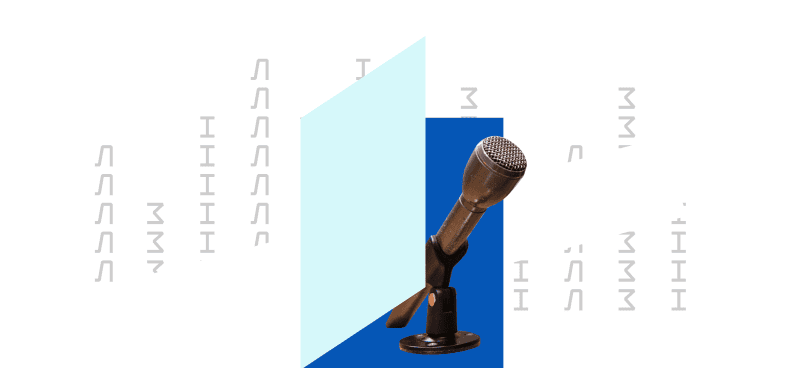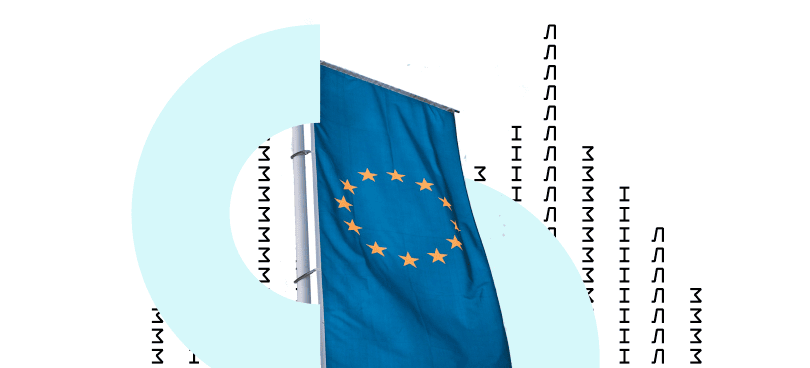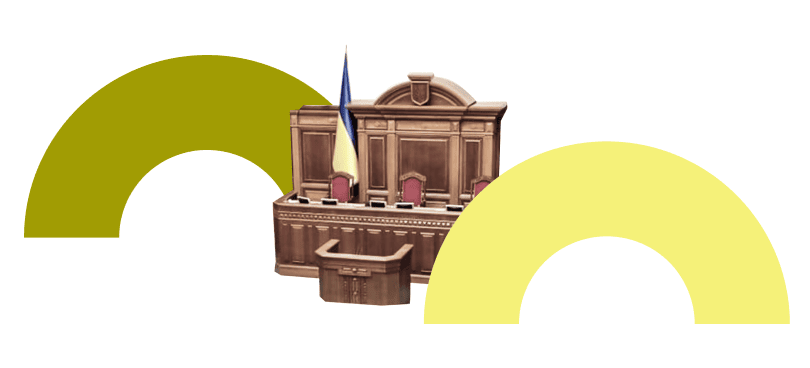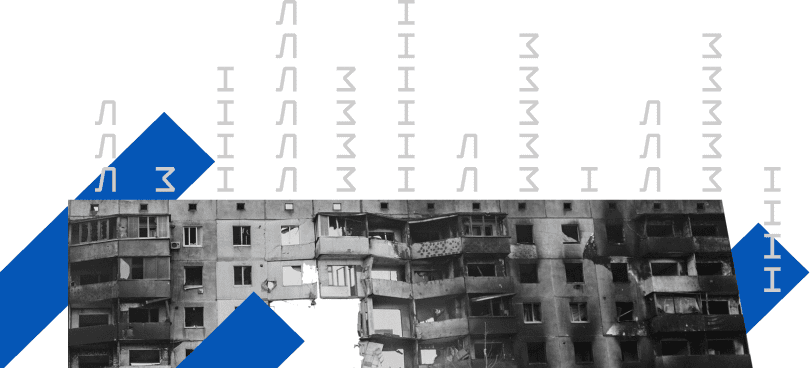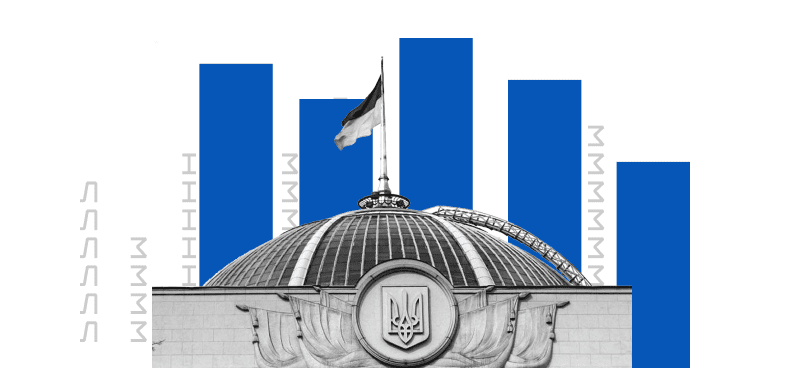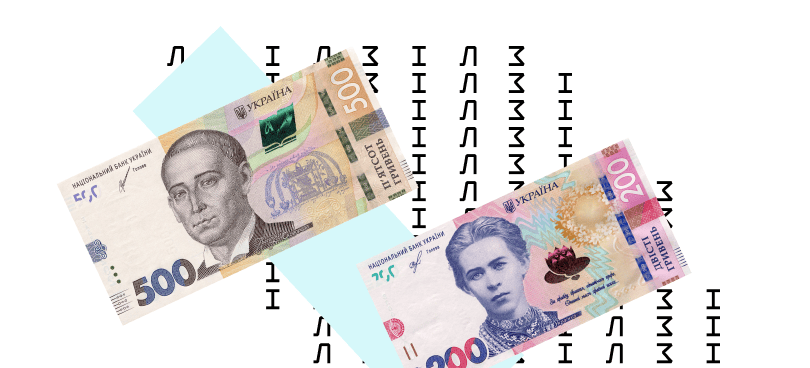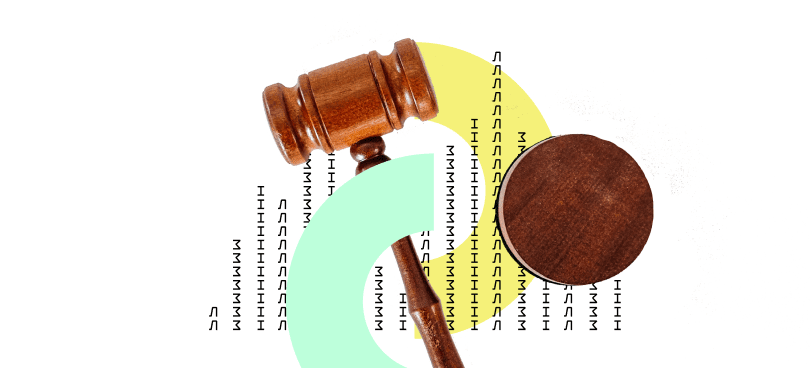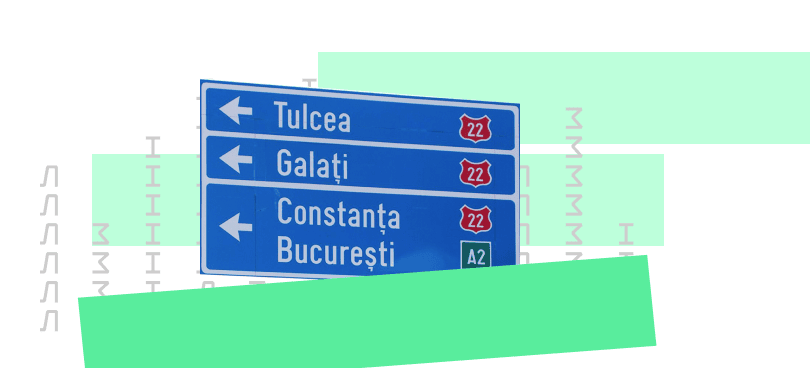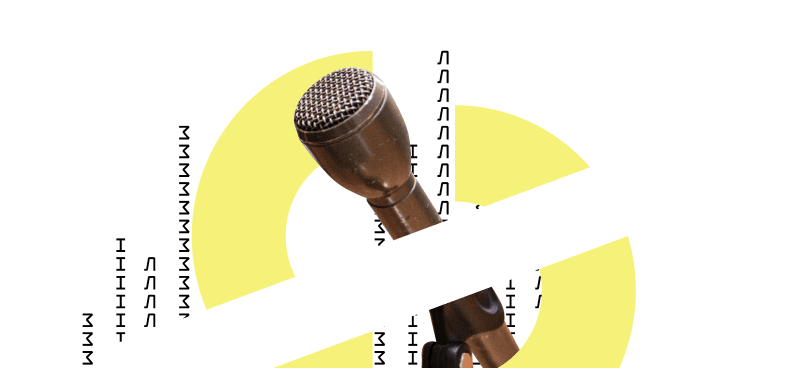More than 16,000 amendments were submitted to the draft law 2571-d (the so-called “Anti-Kolomoisky bank law”). Anton Polyakov alone proposed 6,000 amendments, which is more than the number of amendments submitted by all MPs to the draft law on the land market. Given the need to obtain a loan from the IMF, the adoption of Bill 2571-d was extremely important, and consideration of all 16,000 amendments is incompatible with the fast-track legislative procedure.
Due to the problematic situation, the media began to report on possible ways to circumvent the amendment spam through Article 119 of the Rules of Procedure of the Verkhovna Rada of Ukraine.
Agency for Legislative Initiatives analyzed the possibilities for the rapid adoption of the bill, with a lot of amendments to Article 119.
What does Article 119 of the Rules of Procedure of the Verkhovna Rada provide?
Why do people believe in the effectiveness of Article 119? Actually, according to part 2 of Art. 119: “The Verkhovna Rada may pass a procedural decision concerning the debate of a draft law in parts (sections) by holding a separate debate and vote for such parts”. Indeed, if we consider Art. 119 in a vacuum, without considering other provisions of the Rules of Procedure, this may look as if amendments to the bill cannot be discussed or voted on. However, other Articles of the Rules of Procedure run counter to this logic.
It will be recalled that consideration of the issues on the agenda in the plenary hall of the Verkhovna Rada consists of discussion and voting. Here we can mention the decision of the CCU (The Constitutional Court of Ukraine) № 2-r/2018.
Article 120 does state that in the case of a procedural decision under Art. 119, the order of discussion may be changed. Article 119 can be interpreted in such a way that instead of “discussing each article in the order of its numbering”, the discussion may concern sections and parts. However, Part 4 of Art. 34 establishes the guaranteed right to speak: “the member of parliament, representatives of other subjects of the right of legislative initiative who have introduced a written motion or amendment shall be granted the floor to support the motion or amendment”. And Art. 34, in contrast to Art. 120 does not contain an exception for Article 119. That is, although the discussion will be conducted by sections and parts, and not by articles, MPs still have the right to justify every amendment. Accordingly, the discussion of the bill, which was subject to “amendment terrorism”, will not be significantly reduced.
What about voting? Part 1 of Art. 121 stipulates that “the Verkhovna Rada shall vote on each proposal, motion, amendment rejected by the main committee, if the author of the motion, a subject of the right of legislative initiative, insists on it”. Art. 121, in contrast to Art. 120 does not provide for another voting procedure for the case of Art. 119. That is, each of the 16,000 amendments may be voted on if the author of the amendment insists. One vote takes at least 15 seconds, which is more than 66 hours for 16,000 amendments (and this is another optimistic scenario if MPs simply press the buttons continuously).
That is, Art. 119 of the Rules of Procedure can be interpreted as:
- Whether as such that contradicts other articles of the Rules of Procedure and allows not to discuss and vote on amendments;
- Whether as such, which does not contradict other articles of the Rules of Procedure and provides for discussion and voting not article by article, but by sections and parts. In this case, the amendments are justified and voted on. Independent discussion and voting do not mean that it should replace other articles of the Rules of Procedure.
For a better understanding of what it means to discuss and vote separately, we will refer to Part 1 of Art. 119: “The articles of a draft law subject to a second reading shall be debated and voted on by the Verkhovna Rada individually and separately. If required, any paragraphs, subparagraphs, clauses, or sentences of an article may be debated and subject to a vote”. Part 2 of Art. 119 stipulates that “the Verkhovna Rada may pass a procedural decision concerning the debate of a draft law in parts (sections) by holding a separate debate and vote for such parts”. Comparing the first and second parts of Art. 119, we can conclude that part two of Art. 119 allows the allocation of discussion and voting of sections and parts in independent discussion and voting, which is to replace article-by-article consideration with consideration by sections. But not a word about the amendments in this article!
Will changes to the Rules of Procedure help?
It seems the MPs themselves understand that Art. 119 will not significantly reduce the time of consideration of the draft-law 2571-d, so the media reported that the Verkhovna Rada plans to amend the Rules of Procedure. Moreover, the bill 3313 dated 08.04.2020, authored by V. Ariev, V. Syumar, and R. Pavlenko, has already been registered. In contrast, the author of 6,000 amendments – A. Polyakov registered an alternative bill – 3313-1 dated 14.04.2020, the text of which at the time of writing this material has not yet appeared.
The problem is that in its current form, the draft law 3313 is unlikely to solve the problem of amendment spam radically. It provides as follows: “If more than 2,000 proposals and amendments are submitted to the second reading of the bill, the Verkhovna Rada may adopt a procedural decision to consider the proposals and amendments rejected by the main committee without discussion. In the event of such a decision, each parliamentary faction, group receives the right to speak for up to 10 minutes, and non-party MPs who have registered amendments up to 3 minutes. However, this bill does not abolish more than 66 hours of continuous voting (since part 1 of Article 121 does not change this bill), and consideration of the bill, as we remember, consists of discussion and voting. Besides, the bill does not explicitly mention a change in Art. 34, which leaves room for debate on the topic – “Should we consider the statement with justification as a discussion?”.
Draft law 3313 thus becomes an (ineffective) tool for resolving the specific situation around the draft law on banks and banking. It is devoid of universality. Instead of comprehensively addressing the issue of amendment spam, the authors of the bill simply propose to create special regulations for bills that have more than 5,000 amendments.
Draft law 1043 of August 29, 2019, which was already adopted in the first reading, looks more interesting, and on April 15, 2020, it was finalized. According to it, the Verkhovna Rada may be able to apply a particular procedure to large bills (which received more than 500 amendments). This special procedure will provide that factions/groups may elect up to 5 amendments rejected by the main committee, and non-party MPs – 1 amendment rejected by the committee. And only these amendments will be discussed in the plenary hall (not all rejected amendments as before). This method can reduce the amount of time required to consider a huge number of amendments, including the bill – 2571-d. However, there are problems with this bill, as well. First, it does not in any way appeal to Article 34 (does not establish exceptions to this article), which provides a “word to justify a proposal or amendment” for the subjects of such amendments. And secondly, such a selective consideration of amendments can be interpreted as a restriction of the right of legislative initiative of members of parliament (through the right to justify their amendments as part of the rights of the subjects of legislative initiative). Thus, the restriction of the legislative initiative of MPs is possible under the current practice of abusing their rights; it is even necessary. However, such restrictions require transparent discussion, which will be based on an analysis of the work of the Verkhovna Rada and in which all internal parliamentary forces will be involved, as other ways to combat amendment spam need to be discussed.
In the ninth convocation, blocking the work of parliament by a large number of amendments becomes a big problem, in contrast to previous convocations. Naturally, the question arises – what is the reason? It can be assumed that there is no inter-factional dialogue in parliament. Although the majority can pass bills by one faction, this does not eliminate the need for dialogue with other factions as a necessary condition for the democratic legislative process. Opposition factions excluded from the dialogue cannot perform their control function in relation to the mono-majority, which is why they acquire a new feature – “sticks in the wheel”.
It is also necessary to consider the peculiarities of the composition of the new parliament. As most MPs do not have a political background, likely, knowledge of institutional work practices has not been transferred to the new parliament (which is generally noticeable in the style of work). Therefore, some MPs act within their idea of ”good” and “bad”, without considering the peculiarities of the institution. While the abuse of rights by opposition factions will eventually lead to significant restrictions on their rights. Restricting the rights of the opposition may be a good solution in a particular situation, but in the long run, it carries significant risks associated with a monopoly on power.


